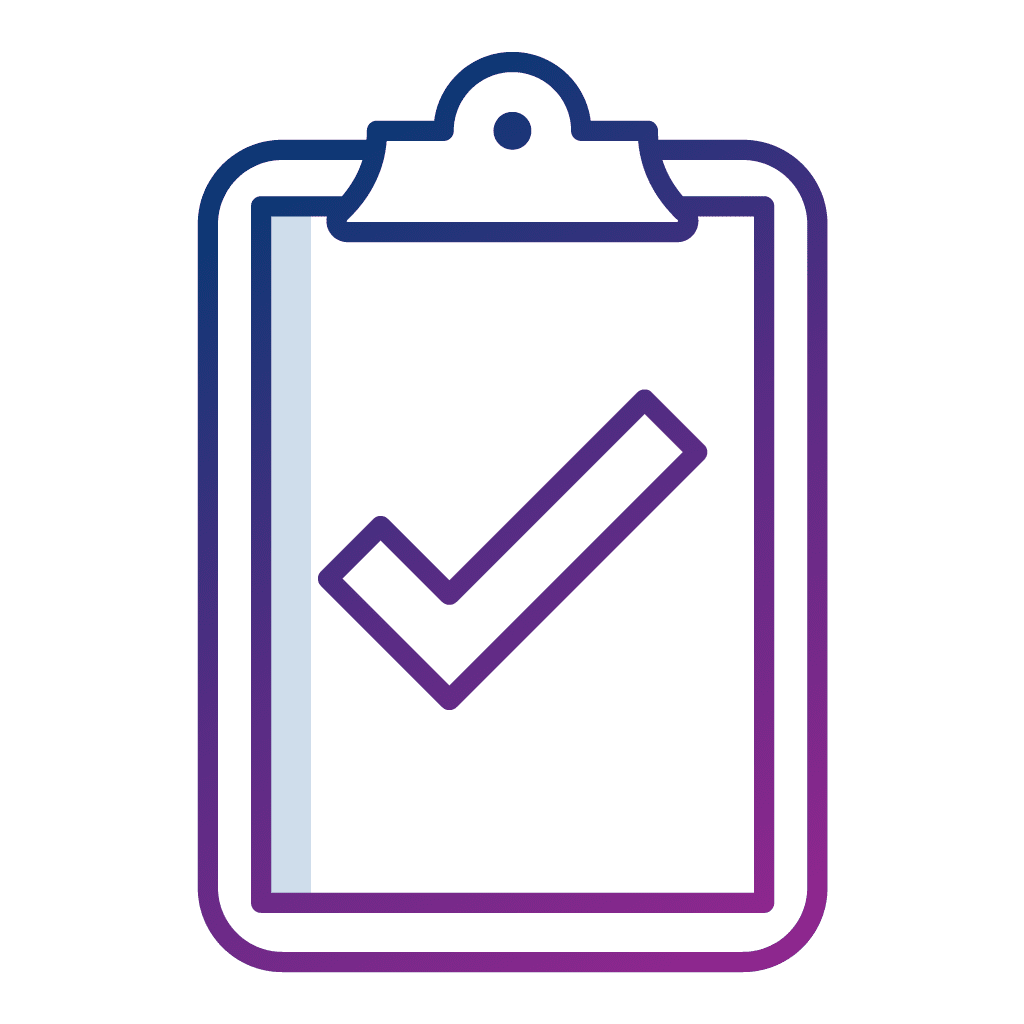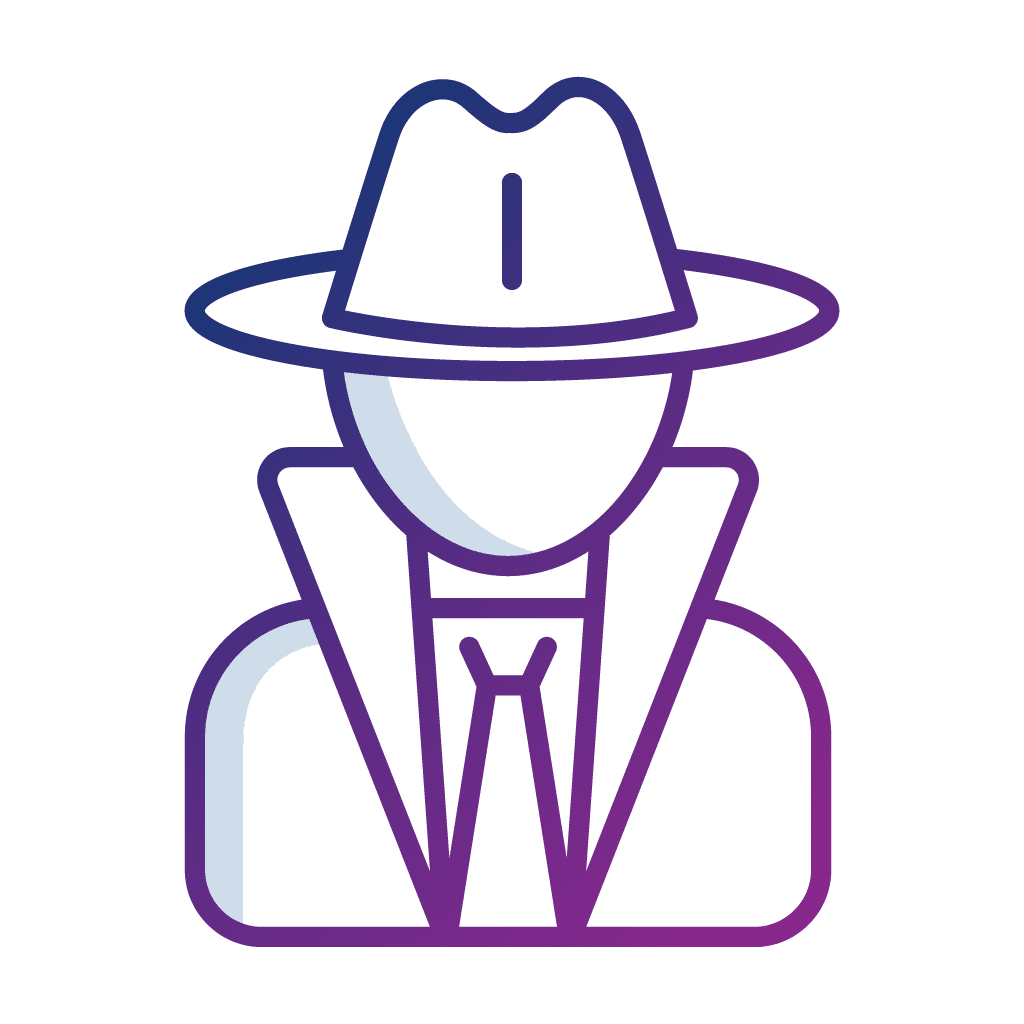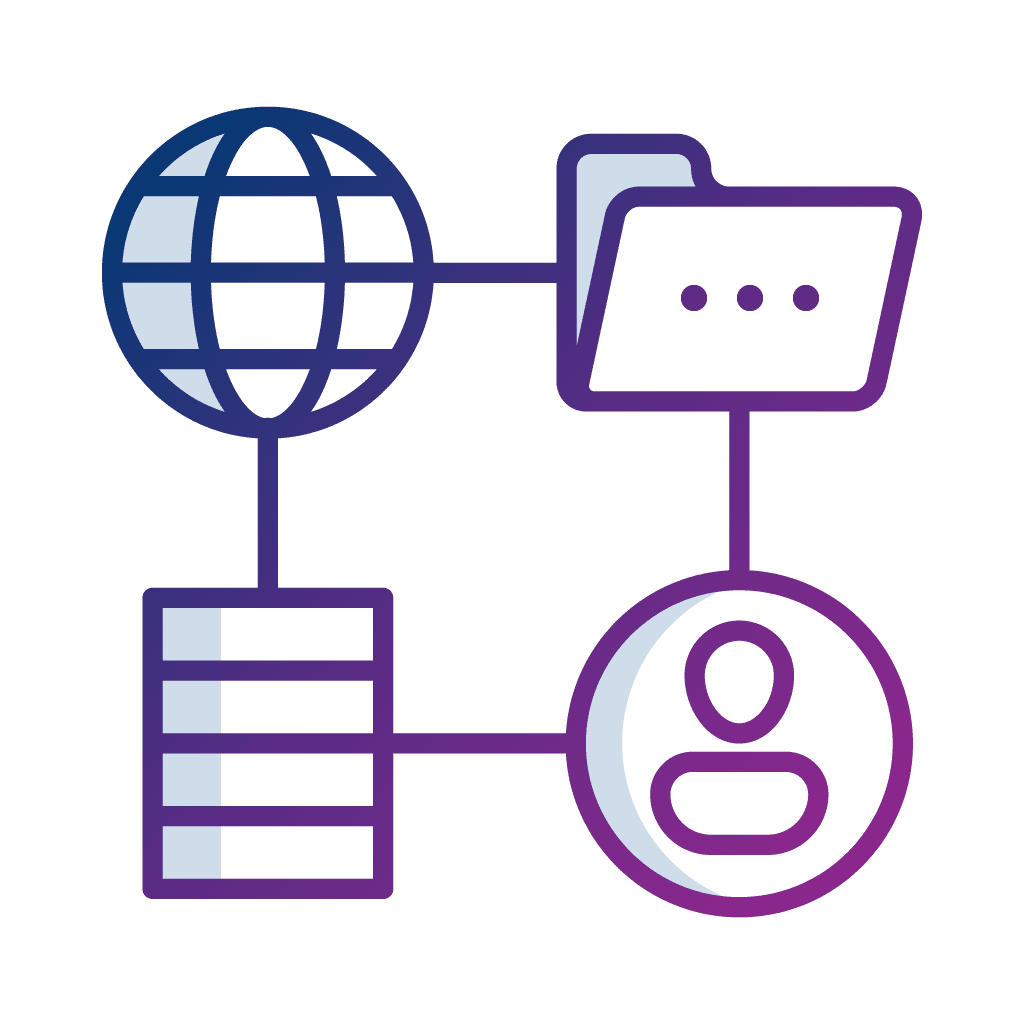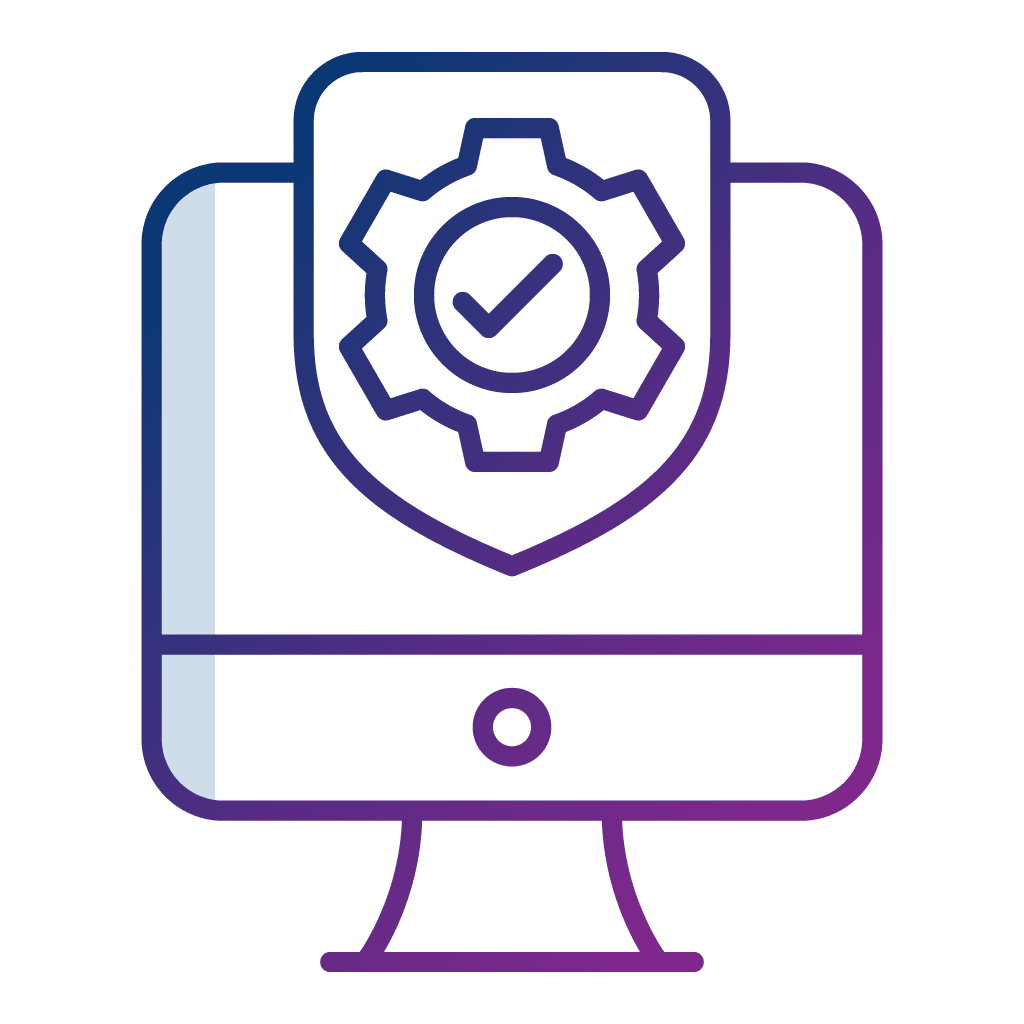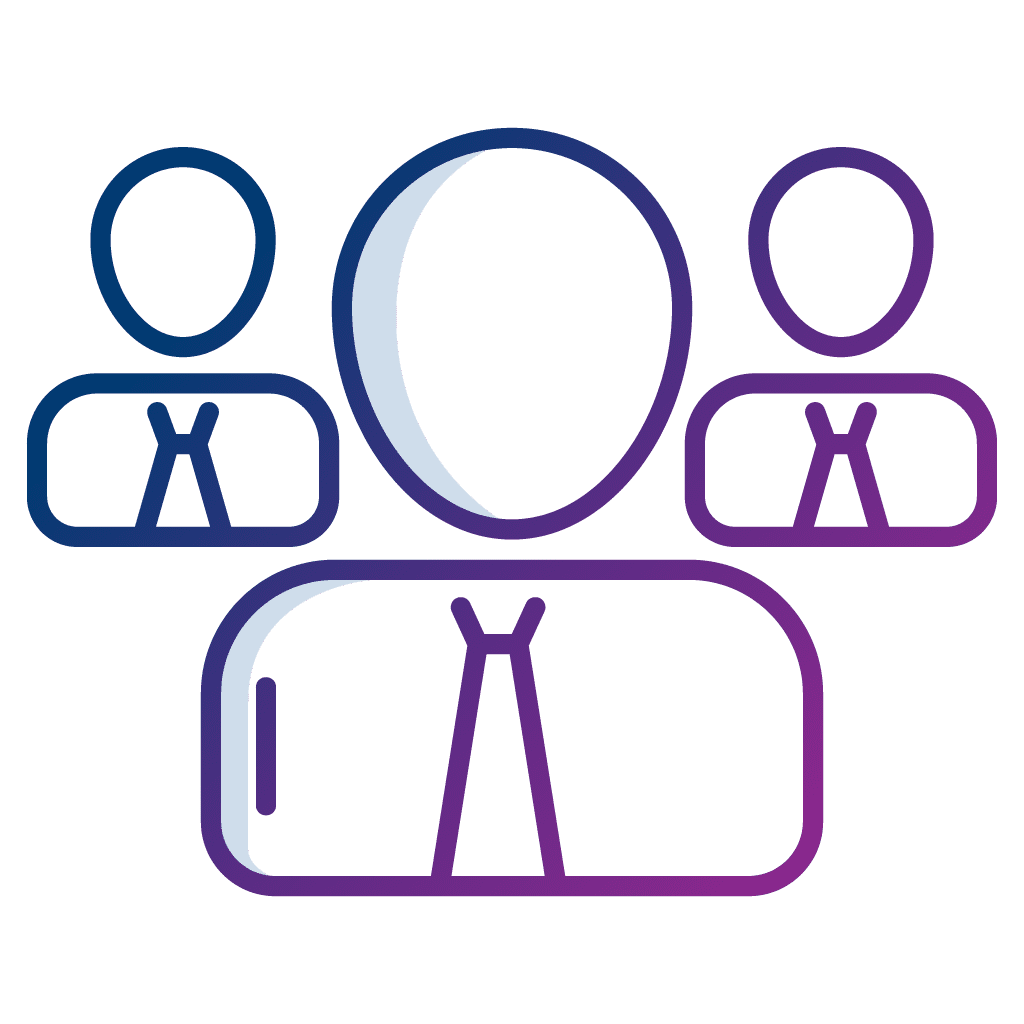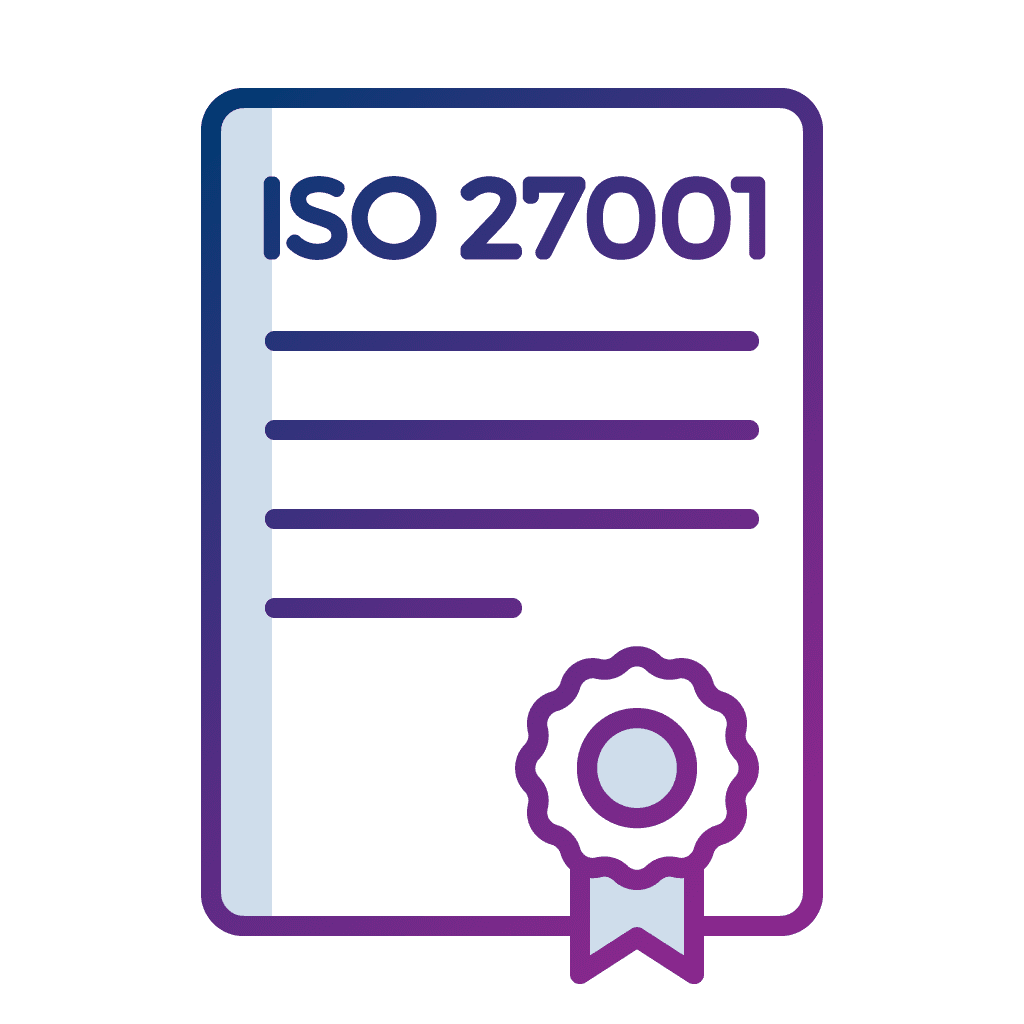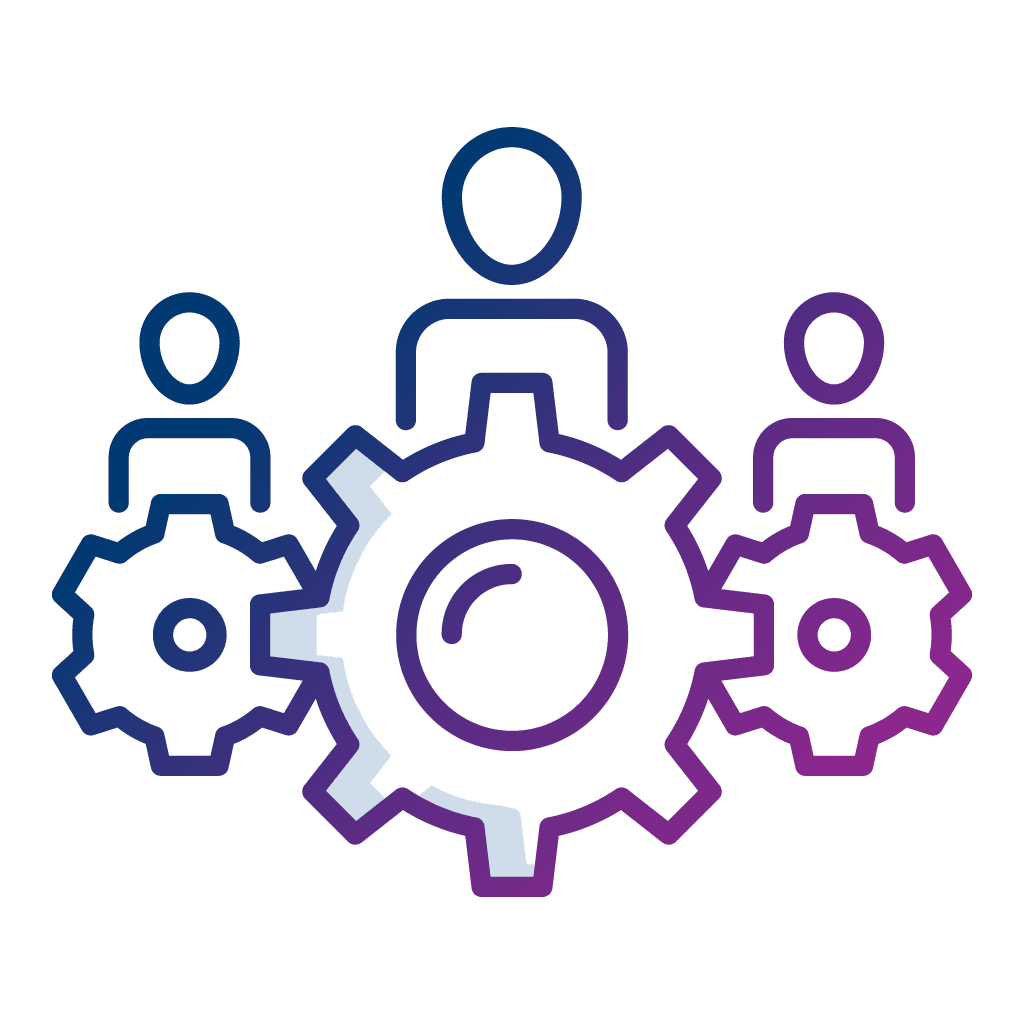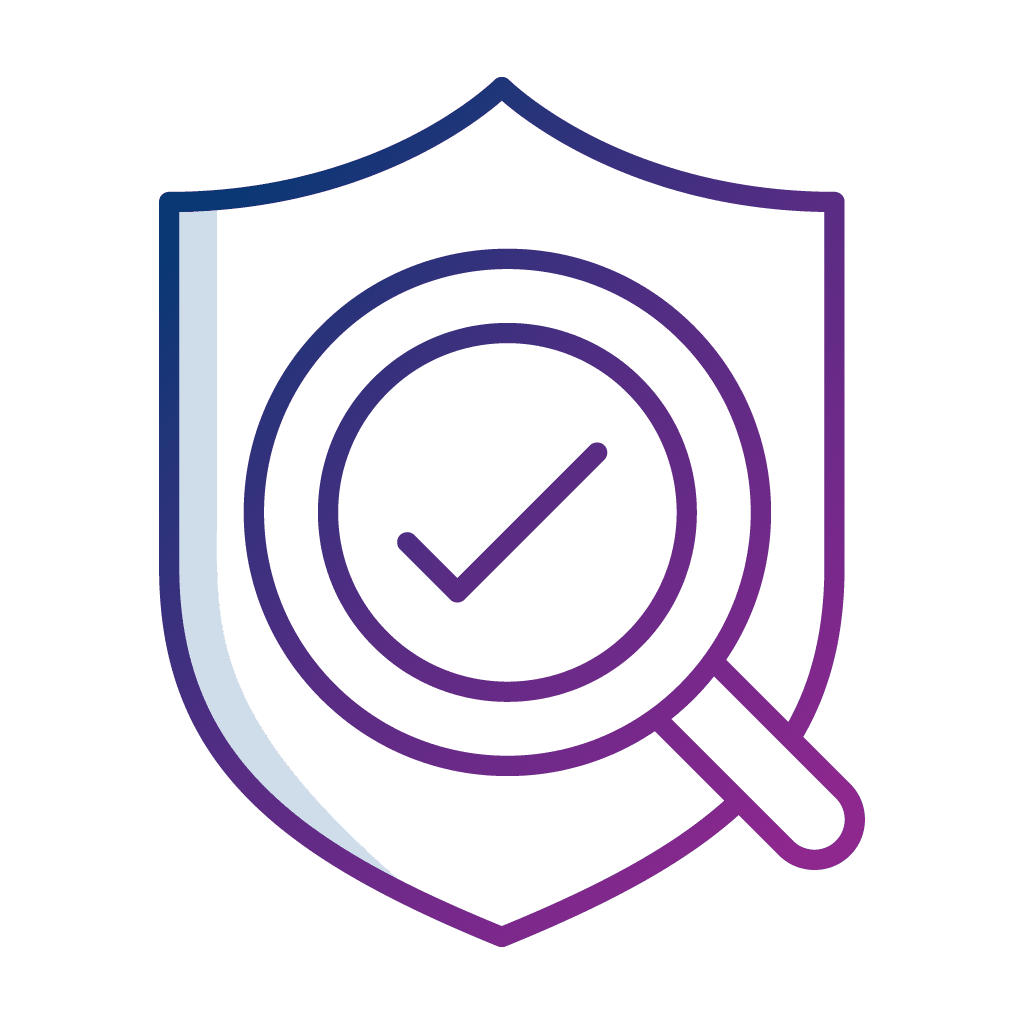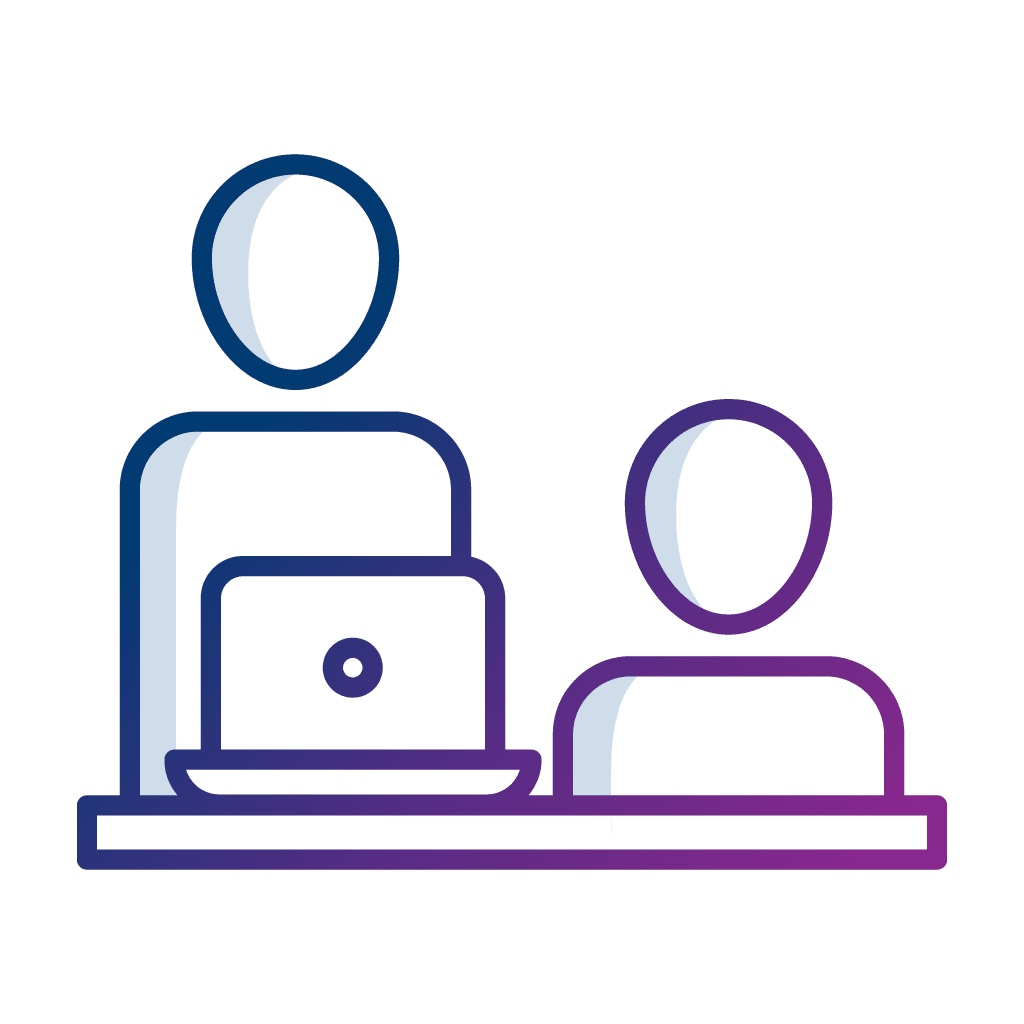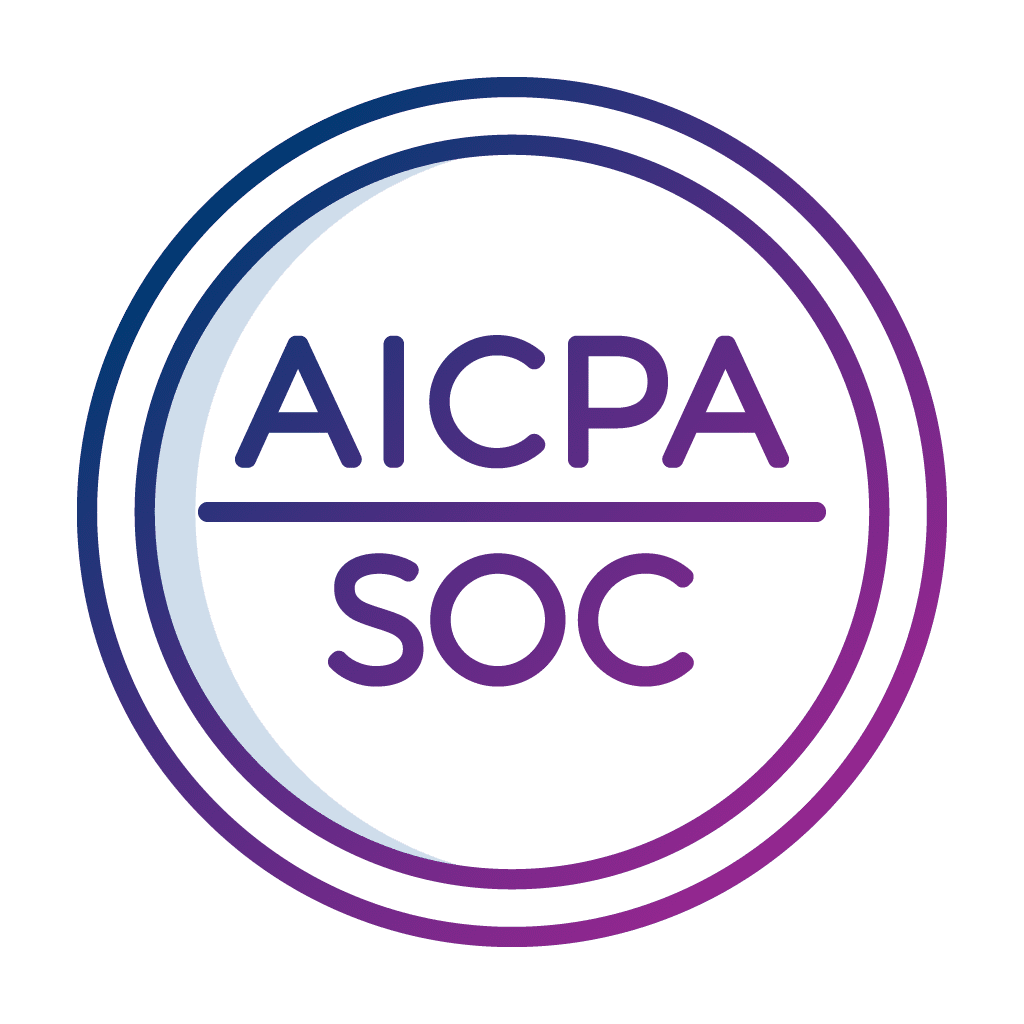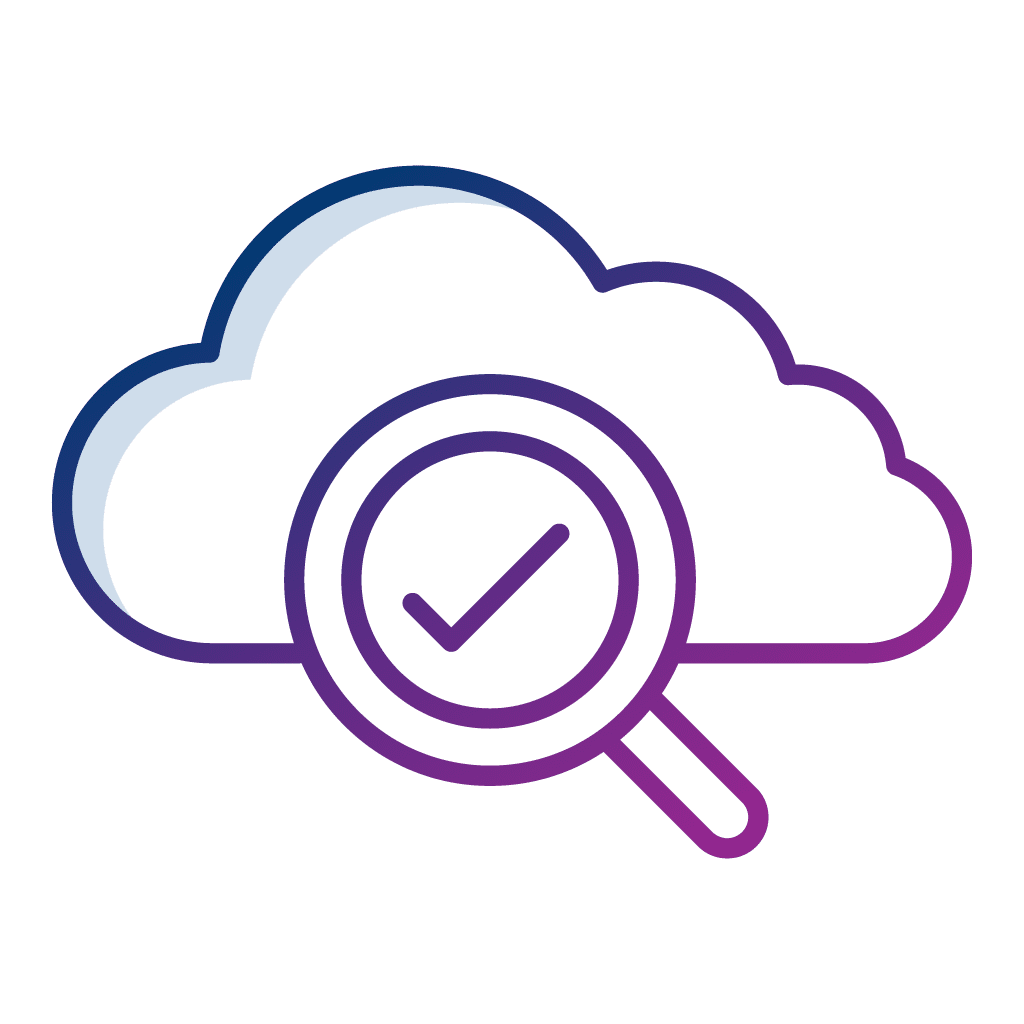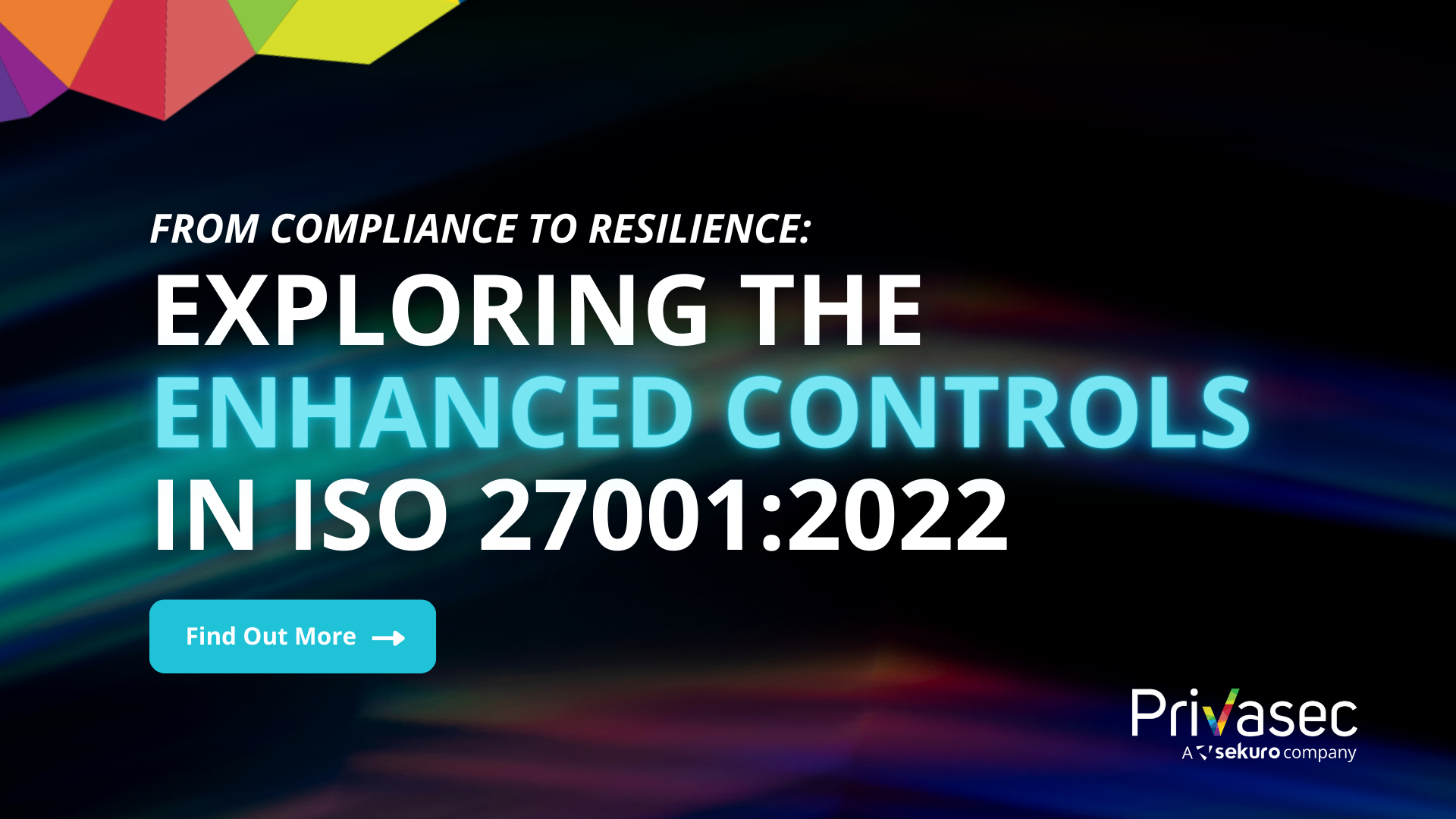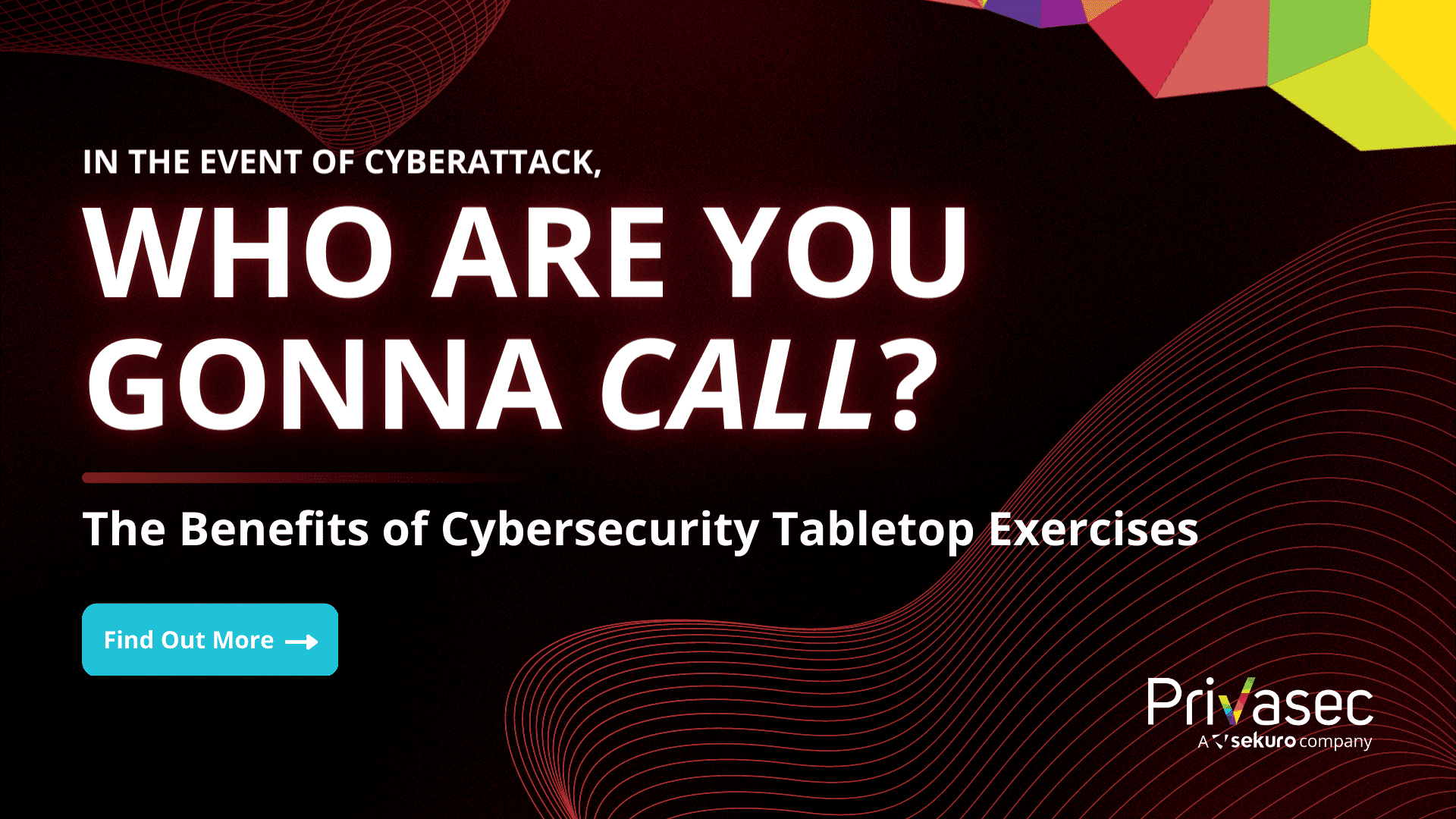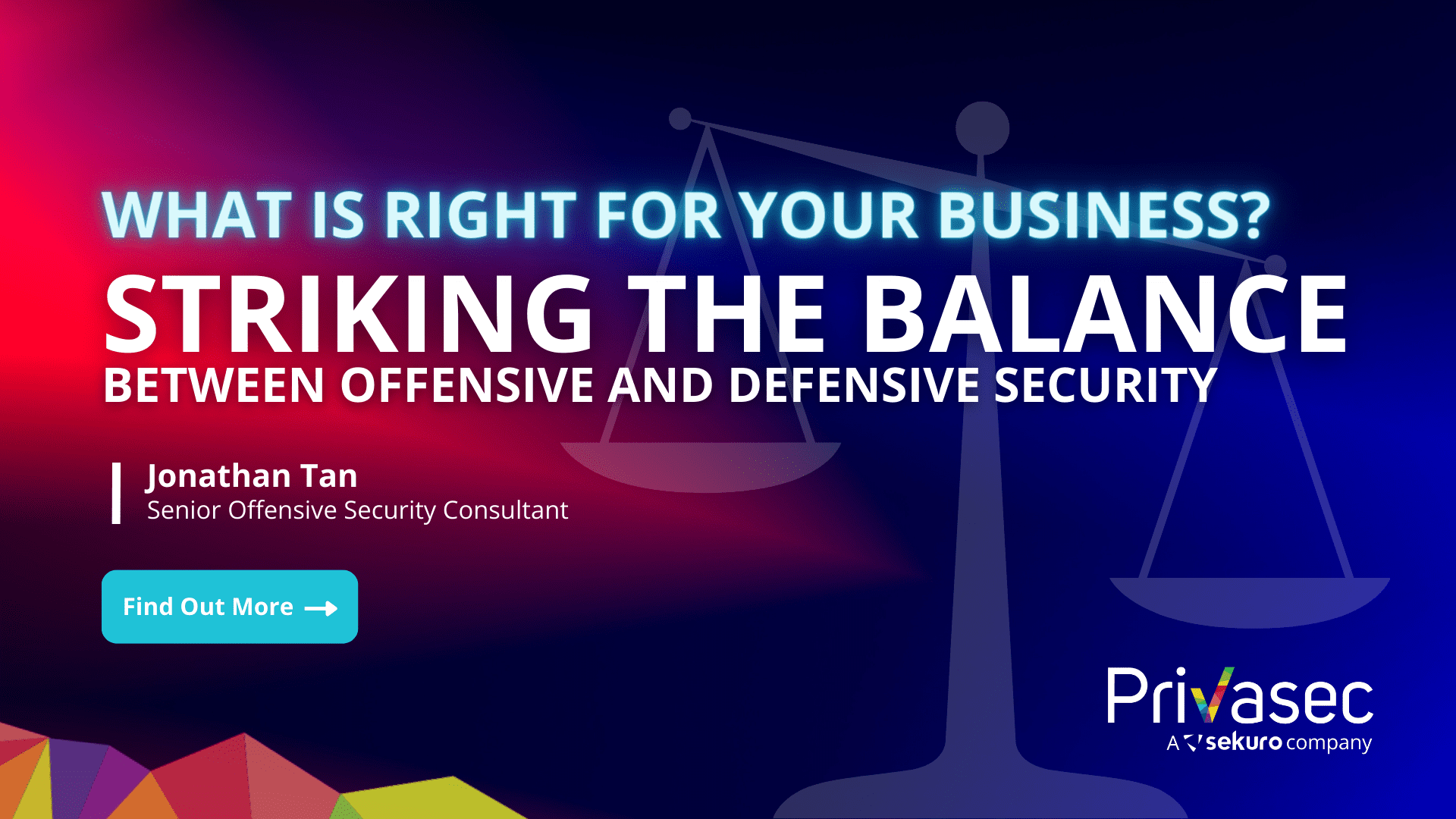System and Organization Controls (SOC 2)
A world-recognised reporting standard and audit process for systems and applications
What is SOC?
The System and Organisation Controls (SOC) framework, established by the American Institute of Certified Public Accountants (AICPA) and documented in the Trust Services Criteria (TSC), plays a pivotal role in fostering confidence and trust between organisations and their third-party service providers. It comprises a set of standards developed to address the growing need for transparency and reliability in outsourced services. As businesses increasingly rely on third-party vendors to provide critical services, the SOC framework serves to assure stakeholders that stringent controls and safeguards are in place to protect their interests.
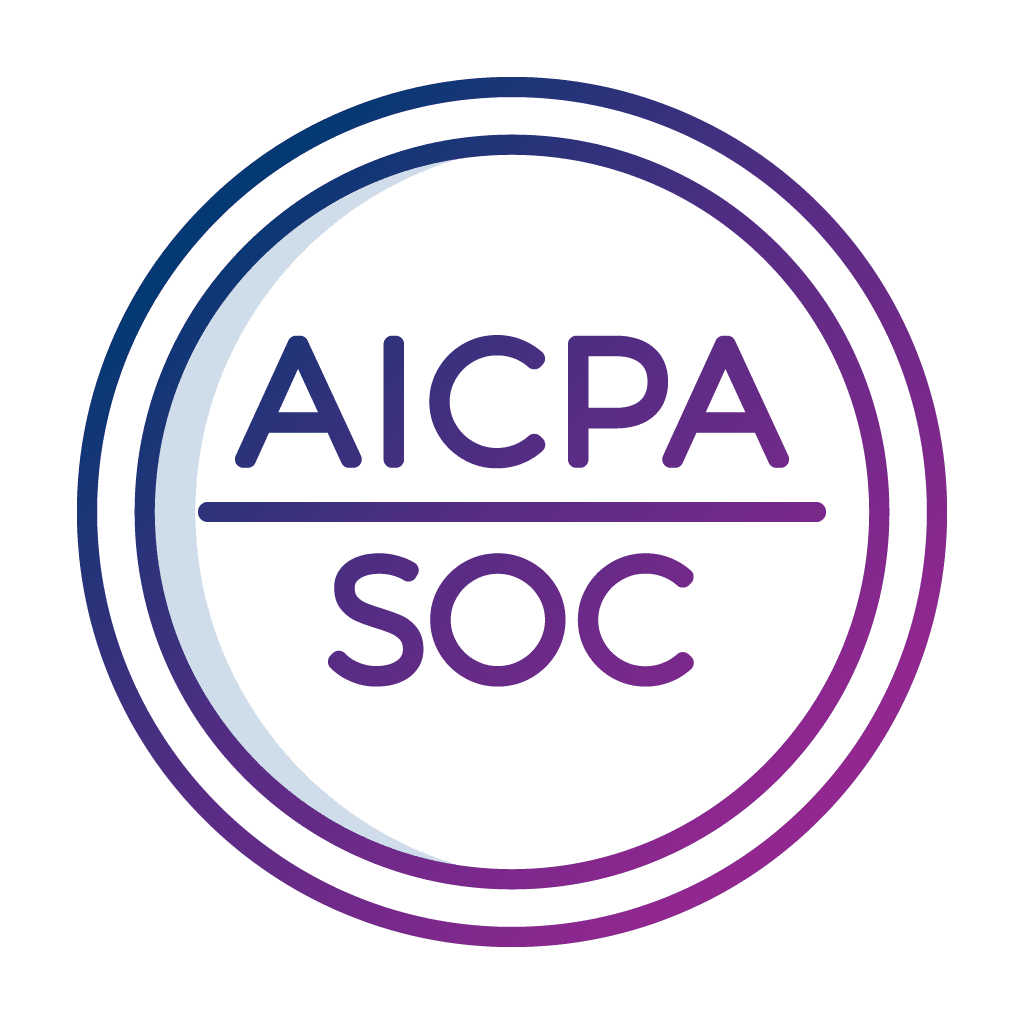
An internationally recognised process conducted within formalised industry standards and requirements.
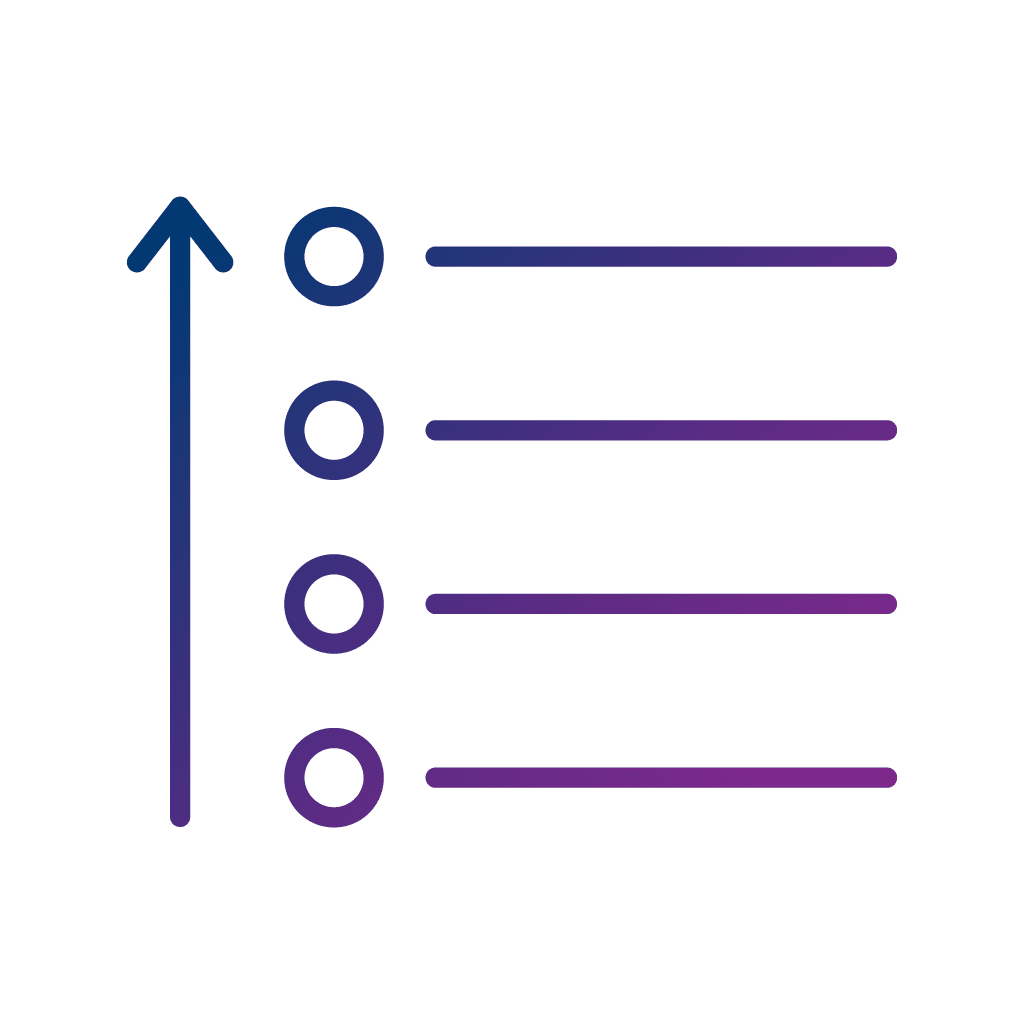
Adopts an audit process focused on forming an opinion on the design, implementation and operating effectiveness of controls associated with a service organisation
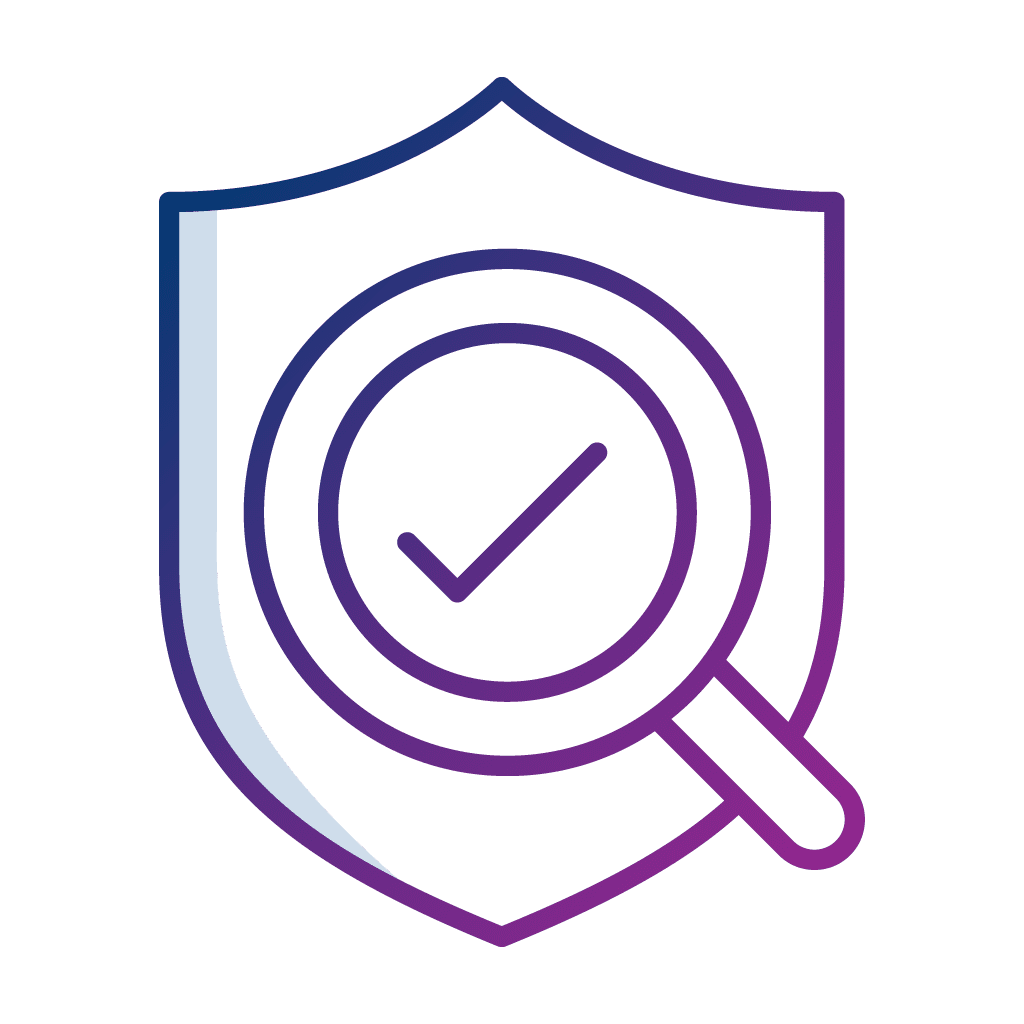
Provides assurance over the controls associated with a services organisation, that customers or other defined stakeholders may require or desire to do business with a company.
SOC Reports
SOC reports are designed to help service organisations that provide services to other entities, build trust and confidence in the service performed and controls related to the services through a report by an independent assurance practitioner (or auditor). Each type of SOC for Service Organisations report is designed to help service organisations meet specific user needs.

SOC 1® Report
An audit report describing controls related to the protection of financial statements and reports.
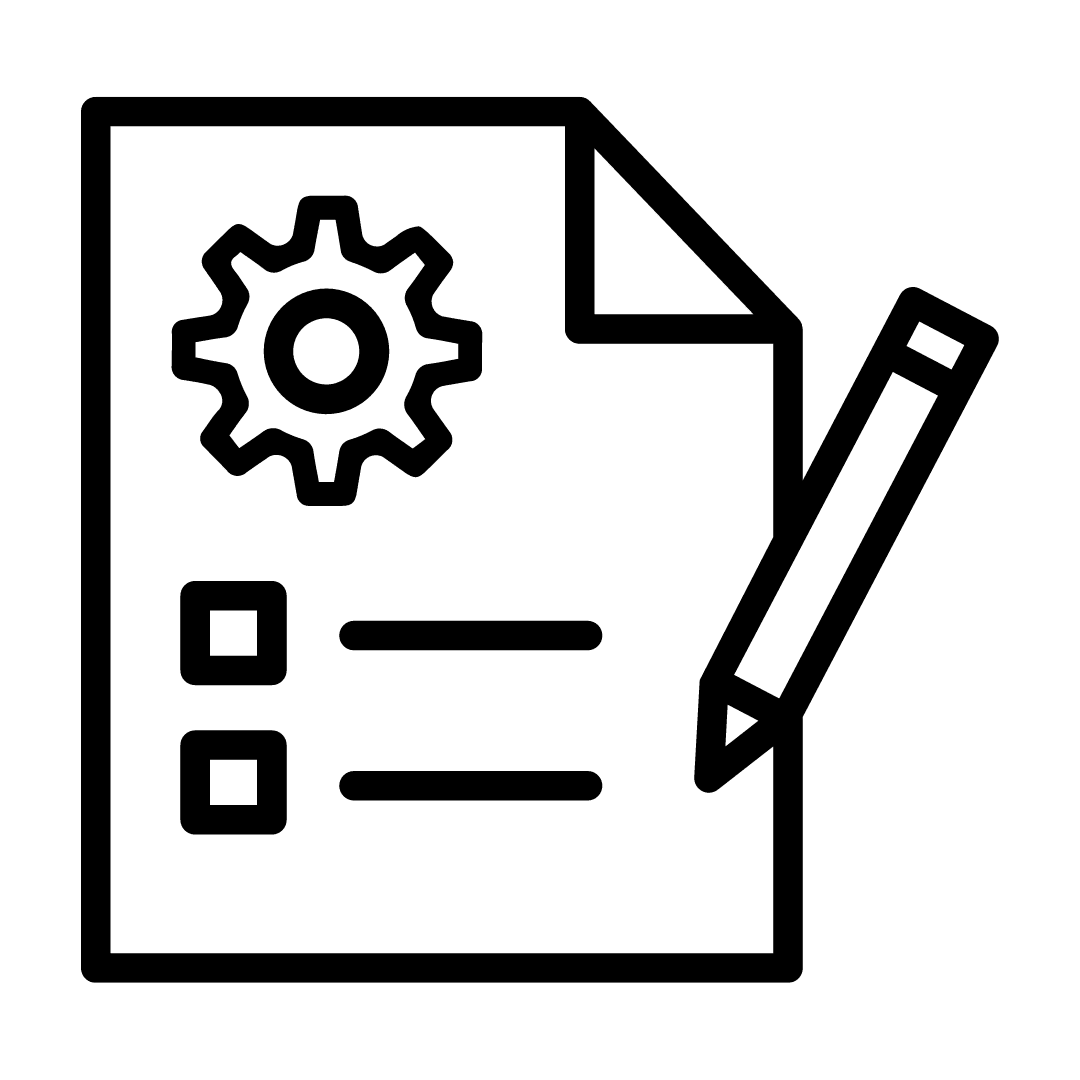
SOC 2® Report (Limited To Specific Distribution)
An audit report related to controls on security, availability, processing integrity, confidentiality and privacy.
SOC 2® reports come in Type 1 and Type 2.
- Type 1 Report is restricted to an assessment of how the security controls are designed,
- Type 2 report includes the operating effectiveness of the security controls.
Designed to meet the needs of a broad range of users., SOC 2® reports provides detailed information and assurance about the controls at a service organization relevant to security, availability, and processing integrity of the systems used for processing users’ data. Additionally, SOC 2® reports address the confidentiality and privacy of the information handled by these systems.
Who Needs a SOC 2 Report?
If you are a service provider or a service organisation that stores, processes or transmits any kind of information you may need to involve a SOC 2 consultancy and audit team. For example, obtaining a SOC 2 report is essential to demonstrate the security, availability, and integrity of systems and services. It not only serves as a mark of commitment to data security but also enhances credibility and trust among clients, partners, and stakeholders. Engaging a SOC 2 consultancy and audit team is a proactive step toward achieving and maintaining the highest standards of security and compliance.

SOC 3® Report (For General Distribution)
A higher-level compliance report designed for general distribution. However, it must demonstrate both design and operation effectiveness; essentially this is a SOC 2 Type 2 report.
SOC 2® Compliance
SOC 2 reporting solves the issue of how a business leader can trust that a service provider is taking its obligations seriously by conducting a SOC 2 ® Type 1 and Type 2 report to evaluate data protection systems and procedures. SOC 2 fills the need for rigorous independent examinations of the operational controls in service organisations.
SOC 2 establishes guidelines for the management of customer data through five fundamental “trust service principles”:
- Security: Limit access to authorised individuals, protect sensitive data using encryption, and develop and implement an incident response plan to address security incidents.
- Availability: Maintain reliable infrastructure and cloud operations, establishing processes for incident response and service restoration, and implement continuous monitoring to ensure system availability.
- Processing Integrity: Implement controls to ensure the accuracy and completeness of data processing, and developing procedures to detect, correct, and prevent errors in data processing.
- Confidentiality: Secure the exchange of confidential information, classify data based on its sensitivity, and implement appropriate protections.
- Privacy: Obtain and document individuals’ informed consent for data processing, and establish mechanisms to monitor and enforce compliance with privacy policies.
Benefits of SOC Compliance

Gain Commercial Advantage Over Competitors
SOC 2® compliance is a competitive differentiator which boost credibility and improves overall security.
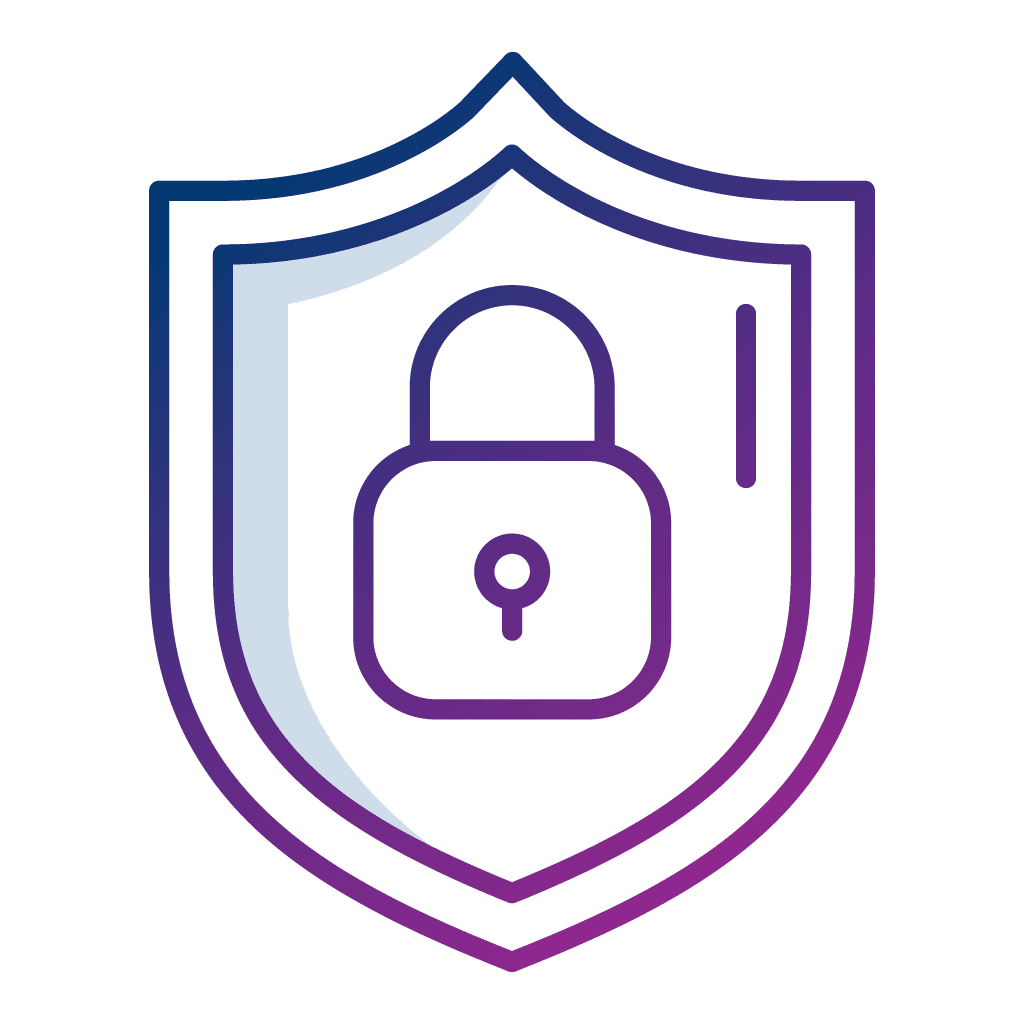
Demonstrate Security Assurance
SOC 2 helps businesses validate the effectiveness of their service provider’s internal controls, ensuring the protection of clients’ sensitive data.
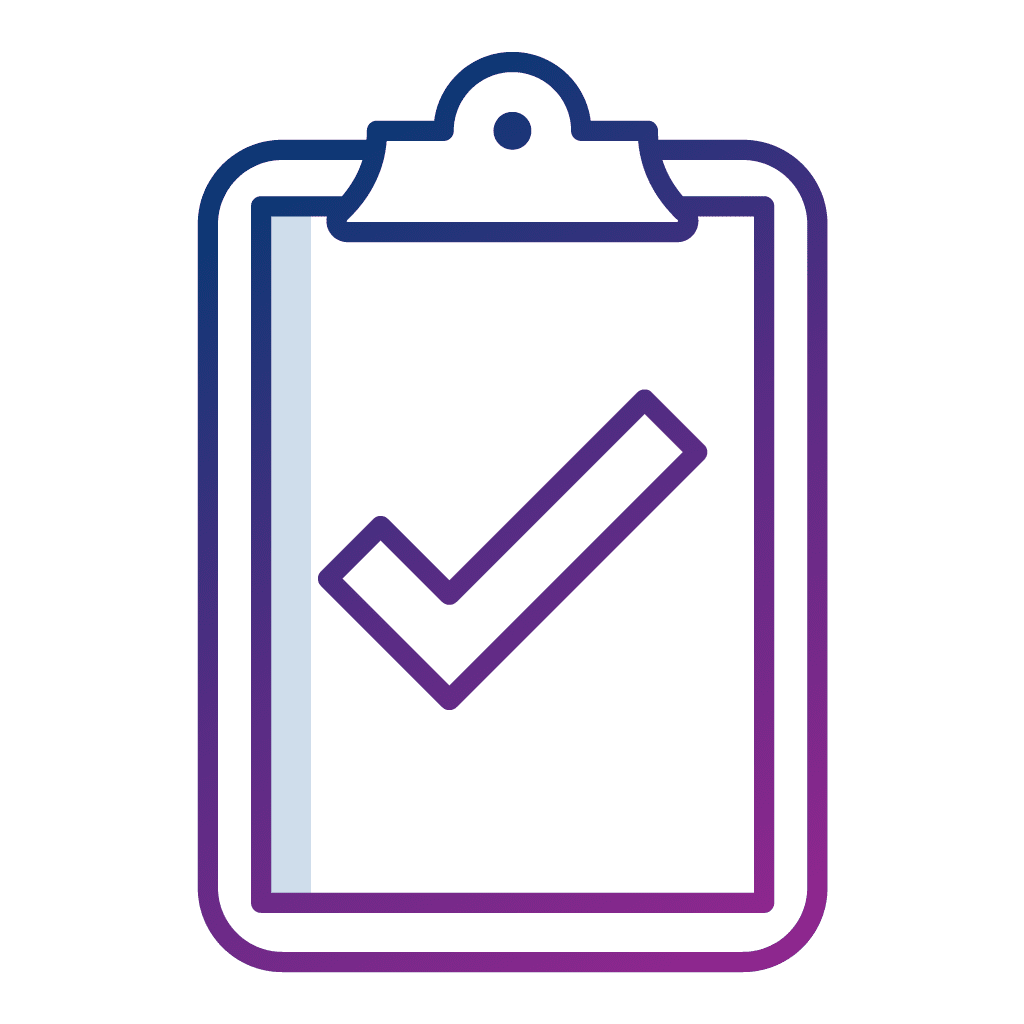
Meet Contractual Requirements
For security-conscious businesses, SOC 2® compliance is a minimum requirement when considering a SaaS provider.
Engagement With Privasec
Privasec’s SOC 2® services ensures you save time, reduce cost and receive exceptional results.
Our SOC 2® services are end-to-end, offering a lifecycle of SOC 2® Type 1 pre work, gap assessment, remediation services, the controls matrix and mapping exercises, service description and optimal consulting services. Further to the lifecycle approach, the audit team will take over and drive the SOC 2® Type 2 test designs. The team will ensure that the controls are operating effectively prior to providing the required deliverables.
Both the consulting and auditing teams have exceptional skills in providing your organisation guidance and direction throughout the SOC 2® process.
Frequently Asked Questions About SOC 2 Compliance
1. Who needs to comply with SOC 2?
SOC 2 compliance is commonly essential for entities dealing with sensitive data and information, particularly those within the technology and cloud computing sectors. Organisations offering services like data hosting, data processing, and cloud services frequently strive for SOC 2 compliance to demonstrate their commitment to data security and integrity.
2. What is the difference between SOC 1 and SOC 2?
SOC 1 is focused on financial reporting controls, primarily relevant for organisations providing services impacting clients’ financial statements. SOC 2, on the other hand, is specific to technology and cloud computing organisations, focusing on information security and privacy.
3. How does SOC 2 benefit organisations?
SOC 2 benefits organisations by enhancing their credibility, building client trust, and meeting regulatory requirements. It demonstrates a commitment to data security and privacy, making the organisation more competitive in the marketplace.
4. How often is a SOC 2 audit required?
The frequency of SOC 2 audits varies. Many organisations choose to undergo an annual audit to demonstrate continuous compliance. However, the audit frequency may be adjusted based on changes in the organisation’s operations, services, or other significant factors.
5. What is the role of employees in maintaining SOC 2 compliance?
Employees play a crucial role in maintaining SOC 2 compliance by adhering to security policies, participating in training programs, and being vigilant about potential security risks. Their awareness and commitment contribute to the overall success of the compliance efforts.
Interested in our service?
Contact us for a free walkthrough of our SOC 2® approach and methodology


